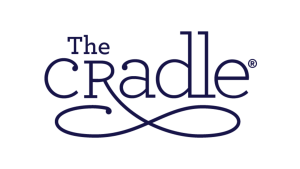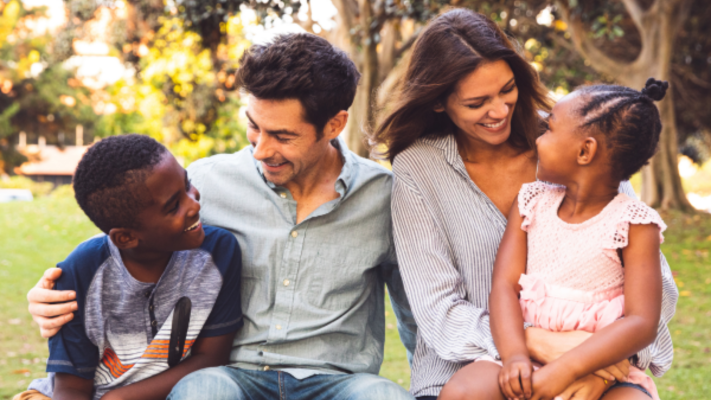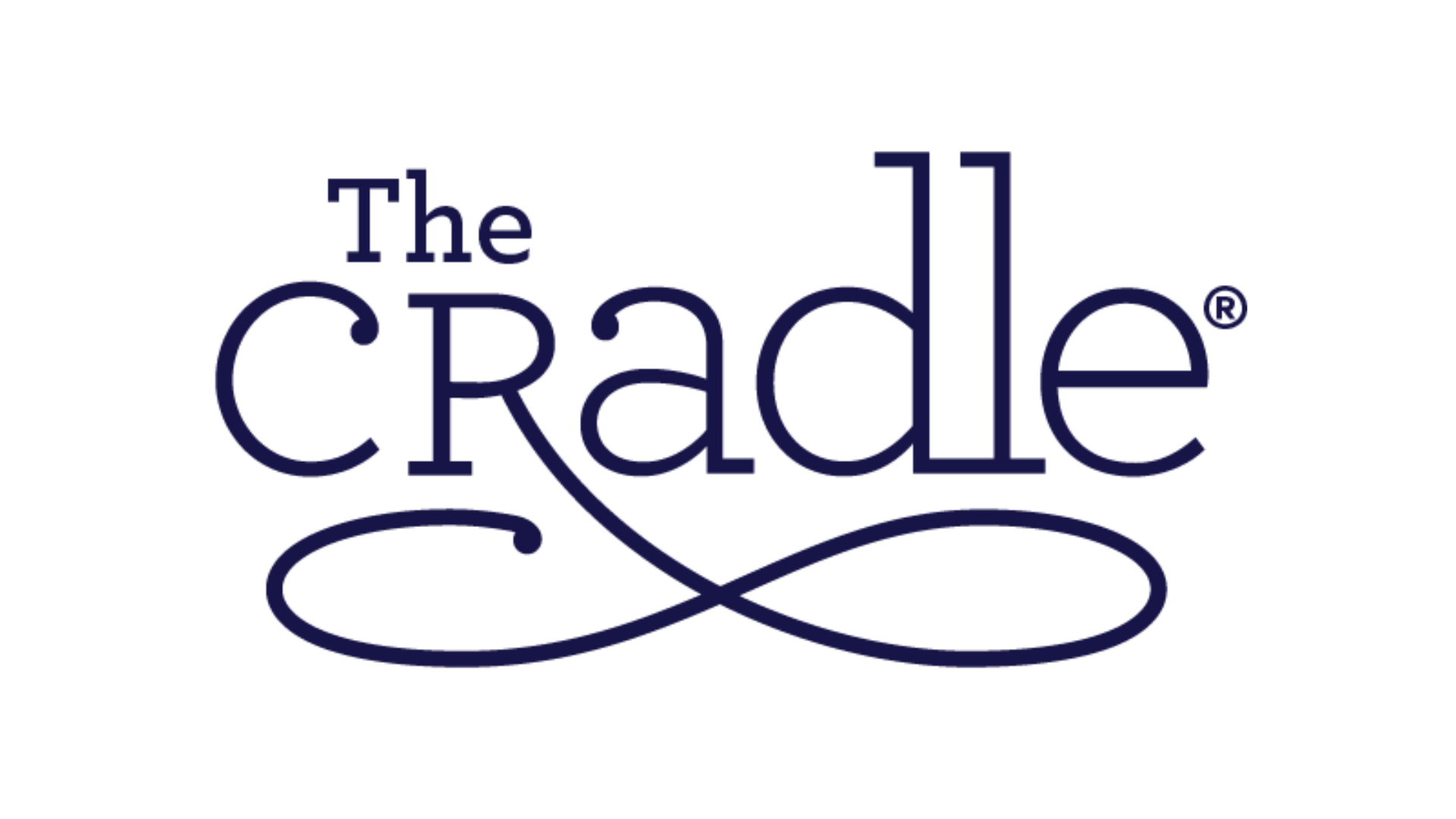When adopting a child of a different race, families become multiracial. Because the adoption is transracial, parents do not have the luxury of addressing issues of adoption on their own timetable. They likely will experience insensitive comments in both public and private spaces.
In this article, we explore strategies for dealing with insensitive and intrusive questions or comments.
Responding to Intrusive Comments About Transracial Adoption
Transracial families will inevitably encounter questions and comments. These interactions may be with friends, family or strangers and may happen when you are alone or with your child. These interactions can be upsetting for you, but remember, your child will learn your values by listening to your words and seeing how you respond in these situations.
You can respond to hurtful or insensitive comments in a number of ways, but healthy responses generally follow one of three types:
- Informative responses offer some information about adoption, your child, or your family. This type of response aims to turn an insensitive question or comment into a teachable moment but is more mentally and emotionally taxing. For this reason, informative responses are often more effective for people you are closer with, like friends or extended family. Example: You are at work and your boss asks, “How much did you pay for your son?” You answer, “We paid agency costs and legal fees. We did not pay for our child.”
- Humorous responses use comedy to defuse the situation and deflect the question. Example: You are in a grocery store with your daughter. Someone asks, “Is she your real daughter?” You answer, “So, you see her too?”
- Privacy-guarding responses quickly cut off further discussion without sharing any additional information. Example: You are at the airport with your children, and someone asks, “Do they speak English?” You respond, “Our family speaks English and Spanish.”
Both humorous and privacy-guarding responses can be ideal for public situations with strangers, but the type of response you use will depend on what you are comfortable with and the situation.
Protecting Children in Transracial Families
Unfortunately, the challenges transracial families experience do not end at intrusive comments. People of color face many additional risks and dangers that parents need to know about. Stereotypes and discrimination can lead to harsher punishments in school, unjust treatment by law enforcement and targeting hate crimes. Transracial adoptive families must have open and honest talks about these cultural realities and discuss practical ways to stay safe and de-escalate different situations.
White parents in particular need to put in the effort to educate themselves on these topics and learn how to have difficult but informative and potentially lifesaving talks with their children. StageWise Parenting provides courses that educate families about the realities and injustices their child may experience. Some of its on-demand webinars include “Black Child, White Parent,” “The Color of Education” and “Asian Child, White Parent.”
Additional Resources for Transracial Adoptive Families
- Inside Transracial Adoption by Beth Hall and Gail Steinberg
- Perspectives on Transracial Adoption, on-demand webinar from Adoption Learning Partners
- Growing up Black in White by Kevin Hoffman
- In Their Voices: Black Americans on Transracial Adoption by Rhonda M. Roorda
- In Their Own Voices: Transracial Adoptees Tell Their Stories by Rhonda M. Roorda and Rita J. Simon
- Closure Documentary by Angela Tucker
The Cradle offers a range of resources and support to guide you along your adoption journey, including post-adoption support groups and adoption-competent counseling services. For more information, fill out our online inquiry form or call us at 847-475-5800.














